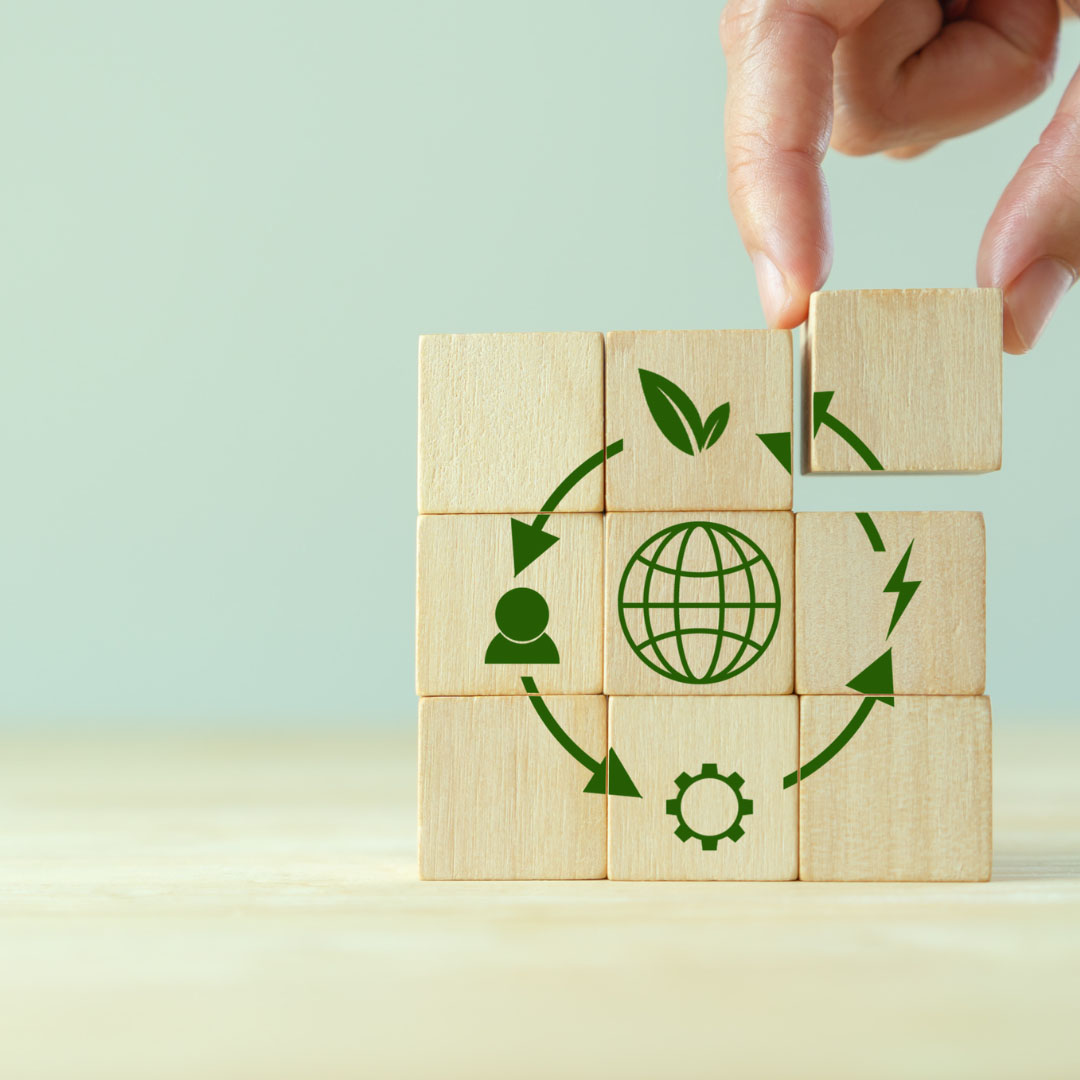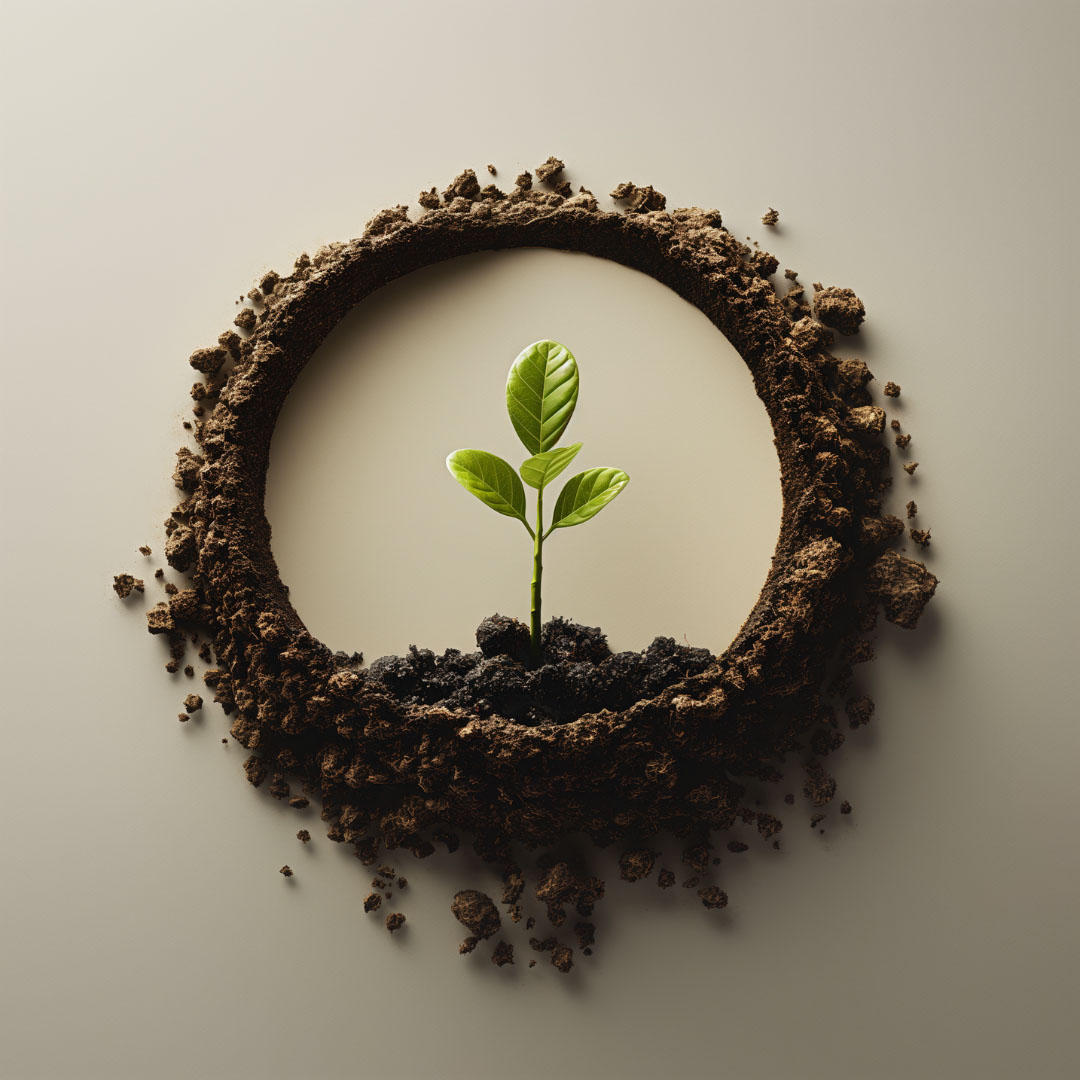
The road towards sustainability: how Life Cycle Assessment drives green innovation
In the age of environmental awareness, sustainability has become a core principle in business. There are several tools to achieve this goal, but one of them stands out for its completeness and applicability: Life Cycle Assessment (LCA). This is a structured, scientifically based, internationally recognized method for quantifying the environmental impact associated with a product, service, or process, from the origin of raw materials, through production, distribution, and use, to recycling or final disposal.
Life Cycle Assessment and sustainability
LCA is based on 14040 and 14044 ISO standards to quantify the environmental impact (carbon footprint), including energy and resources consumption, air, water, and soil emissions, and waste generation.
This tool not only plays an essential role in assessing the environmental impact of products, but it also helps identify opportunities for improvement along the entire value chain.
By using specific indicators, such as carbon dioxide equivalent (CO2e) for climate change or acidification risk potential, it is possible to detect critical points and develop mitigation strategies.
How LCA drives responsible innovation
Applying this method at the development stage can influence the selection of materials and production processes. Through data analysis, it is possible to opt for materials with a lower environmental impact, promote the use of renewable energy and minimize waste production. In addition, LCA can support the implementation of circular economy strategies, such as recycling or upcycling end-of-life materials.
The influence of Life Cycle Assessment on environmental policies
LCA plays an indispensable role in environmental policies: at the institutional level, it can guide the drafting of sustainability-focused laws and regulations, promote the introduction of energy efficiency and foster green innovation.
Furthermore, it can also facilitate the creation of specific instruments for the promotion of sustainability. One of these is the ecolabels, distinctive symbols awarded to products or services: these certifications, based on Life Cycle Assessment, reward attention to environmental impact in the production and use of goods and services.
Magic’s horizon for a greener future
Our journey towards sustainability has begun.
We took the first steps in the LCA study supported by the CNR – Institute of Intelligent Industrial Systems and Technologies for Advanced Manufacturing (CNR-STIIMA), starting with the study of the raw materials we produce, and which compose our sustainable products, Spongel and Airgel g-grade, both OK Compost certified.
We are aware the road will be long and that we may have to take a few detours or retrace our steps. However, this does not worry us because we set a goal, and we want to achieve it with commitment and resolution.
In this first phase, we found that our past choices, oriented towards innovation and sustainability, were not vain.
The preliminary results of the LCA study are encouraging and confirm our commitment to reducing our environmental impact. These results represent not only a significant milestone for us but also an opportunity and a starting point to adopt new strategies, refine our processes and collaborate with partners who share our vision.
We are ready to navigate the complexity of innovation, fully aware that every choice and every action counts in building an ever-greener horizon.







